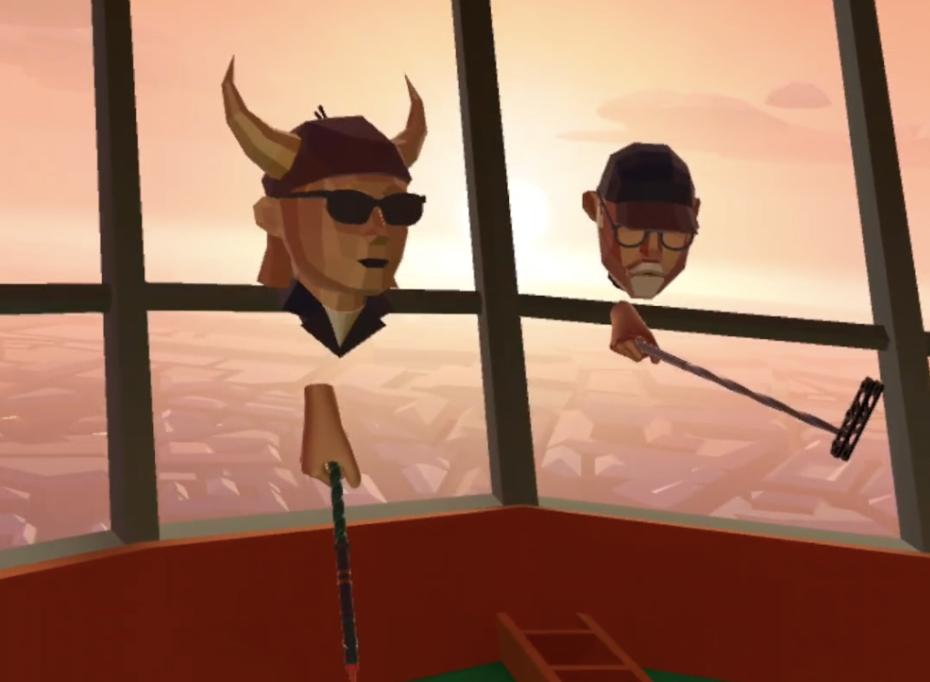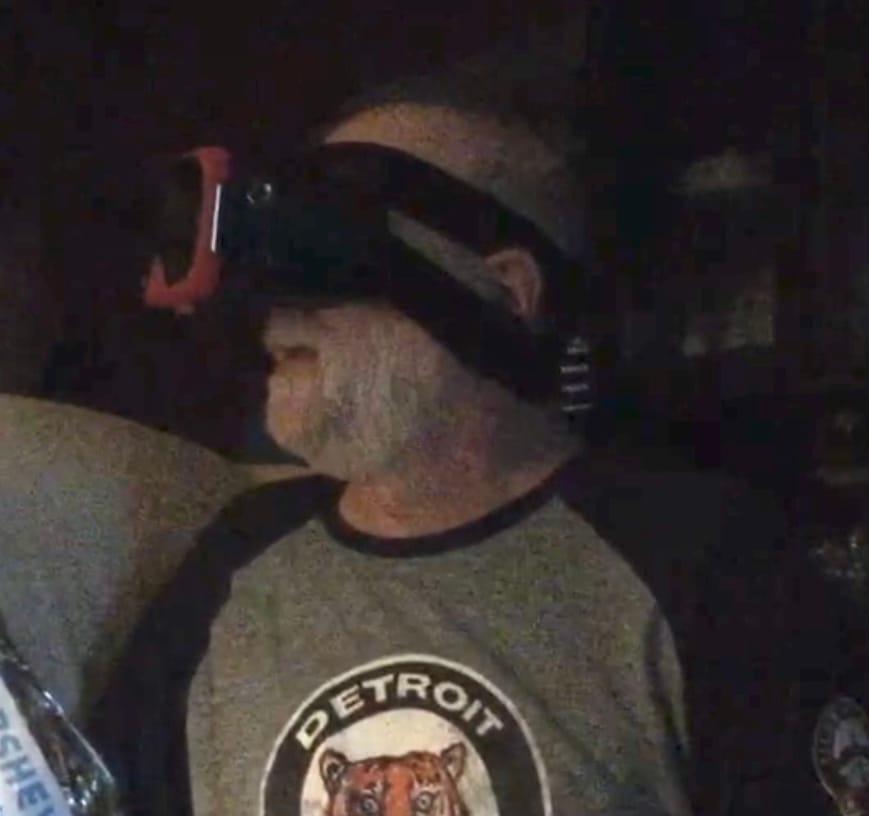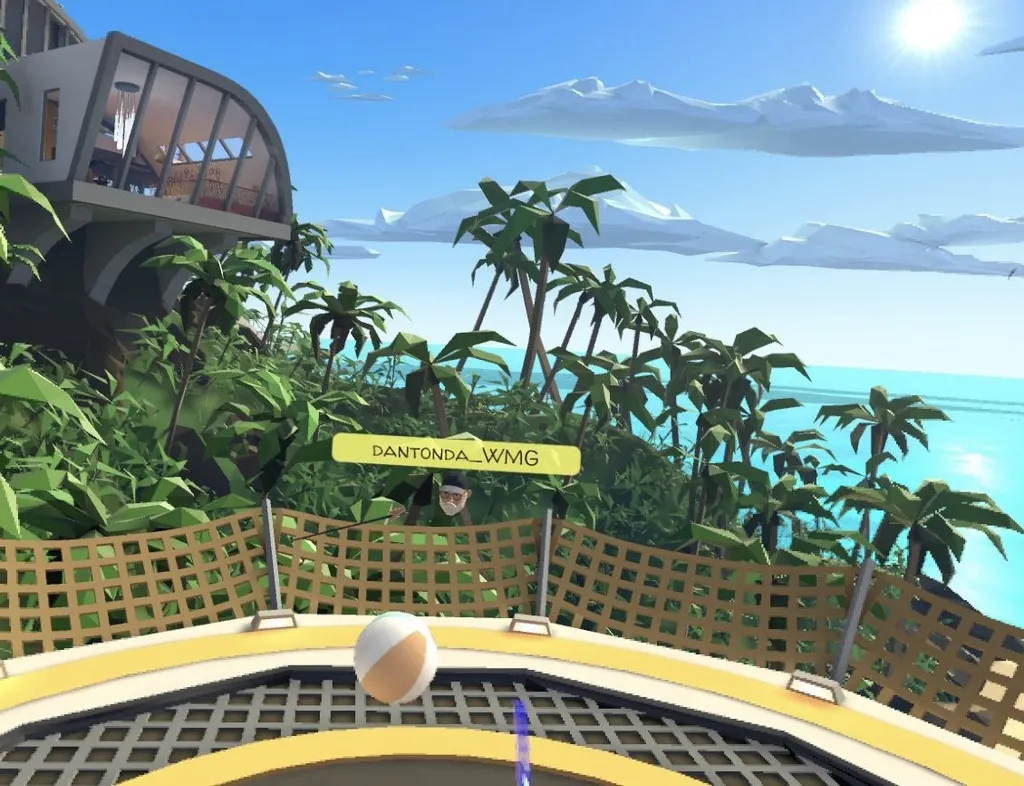The twins traded off driving the toy camper through the tall grass.
Plastic camper in hand, they would play in the front yard for time out of mind. They’d go on adventures around the bushes, to the stream and into the woods. On trips to volcanoes or deserts, or chased by wild animals, their make believe family was always safe inside that plastic camper.
The twins made up words together and escaped in these hours together. They also played multi-hour games of Monopoly together, ending with the formal recording of defeat to the superior twin in a new slip of paper for their keepsake box.
Roughly half a century has passed from those days in the 1970s and 1980s. The sisters live a time zone apart in Colorado and Indiana, in lives driven by their work schedules at a school and hospital. Across the waning years of the 20th century, through some of the toughest times of their lives, the sisters kept “close” via telephone call. It was just a hollow voice recreated over the lines and sent up the bundle of cord to their receivers, but it was a familiar one.
These days, those voices call out to one another over the expanse of virtual reality from a pair of Meta Quest 2 headsets.
“You’re really flogging now,” Tonda or Ronda tells me.
I can’t tell which of the cackling twins made the comment during our recent play session. The pair, now in their late ‘50s, met me in an airship at the top of the Eiffel Tower. The comment on my putting was fair as I had missed my shot for the second time. We floated over a recreation of the famed Paris world’s exhibition in the year 1889 and chatted for about half an hour there in the docked blimp on the 18th hole of a picture-perfect mini golf course.
The twins don’t play mini golf very well. They play so poorly, in fact, that it sometimes feels they’re playing a reverse of the game. When viewed that way — “flog” to get the highest score rather than “golf” to get the lowest — these sisters are fantastic VR gamers.
“Yep, that’s flogging,” one of them says after I miss another shot.
From Easter Egg Hunts & Treasure Maps To Wearing The Likeness Of A Dead Husband

The twins are among some of Walkabout Mini Golf’s biggest fans. They play the game quietly in their homes during whatever moments they can manage to squeeze it in. The narrative persists that many VR headsets go into disuse following initial excitement after purchase. In places like Walkabout Mini Golf, though, those headsets stay on the network to take VR travelers to some of the most meaningful people in their lives.
In the case of the twin sisters Ronda and Tonda, they’ve each purchased extra-long USB-C cords so they never run out of power to their headsets across five or more hours in a day together. When a new course debuts for them to explore, they seem to “pass over the money without even thinking about it” like the people in Field of Dreams.
“It could be $3, it could be $30, it could be $300,” Tonda said. “There is not a price you can put on a safe place you can spend with family. We’re in the same space, it doesn’t matter how much it costs.”
The first thing they do in any new Walkabout course is just look around.
Then they have a playthrough.
Then they find the 18 hidden balls. A Walkabout developer hides them just like the Easter Bunny. The twins go and find every single one. Sometimes they are helped by a YouTuber called Innerprincess VR, whose passionate videos document the location of each hidden ball in the game.
“We don’t cheat very often,” Tonda says defensively.
Later, the twins return to see the new course again at night so they can piece together clues on a fox hunt in search of their next special treasure for the clubhouse.
“Ronda can figure out all the clues,” Tonda says. “I can find the balls.”
One day, Ronda and Tonda discovered the game's developers, Mighty Coconut, added a beach ball. It can be smacked around much like the golf balls. They smacked it back and forth until it rolled over a rail and out toward the ocean. Then they decided to spend an “embarrassing amount of time” trying to get the ball back to the top of the Laser Lair. The twins felt so tickled by the idea that they spent so much time putting the thing back into place that they’ve made a recurring joke out of the whole affair. They've even sent each other beach balls in the mail.
When I first spoke on the phone with Tonda, I got right to the point in asking why she moved away from her sister in the first place all those years ago.
“When I was 17, I met the love of my life,” she says.
Dan is his name.
“Protect your mom,” the kids always heard their dad say. “Take care of your mom.”
Tonda said goodbye to Dan in the morning before heading to work. When she finished her shift to head home that day in 2022, he didn’t pick up the phone.
Tonda didn’t want to get out of bed anymore.
Their first date was on January 1, 1983. They saw 48 Hours together. Dan apologized after the movie. He didn’t realize just how much bad language was gonna be in the film. The couple eloped on December 27, 1983.
She only left the house for work and didn’t answer anybody’s calls. After more attempts to invite Tonda out than a family can count, she finally accepted an invite to dinner.
That night, Tonda’s son put her in contact with his Quest 2 and she tried out tennis and ping pong. By the end of the weekend, Tonda had her own Quest 2 and the following Wednesday, Ronda had hers. Not long after, they were putting together, ball-hunting together, flying together, and then flogging together.
To say that Tonda has used her VR headset to process her husband’s death is an understatement. She found Walkabout’s simple avatar editor and customized it to make her avatar look like Dan, so much so that her adult son cried when he came face to face with his likeness on the golf course.
“Oh my god, this is a way for her to bring him in,” Ronda realized when she joined in. “She’s not alone in this.”

“It’s like he’s there too,” Tonda says. “When I did not want to communicate with anybody, along came this opportunity that was different to give me a way to come out of it.”
“For people that maybe don’t perceive themselves as gamers, you don’t have to be good at it to have a good time,” Tonda says. “It’s not about being good at it, it’s about ‘let's go do this thing together and spend time together.’ It’s just about going someplace that’s nice and safe.”


























